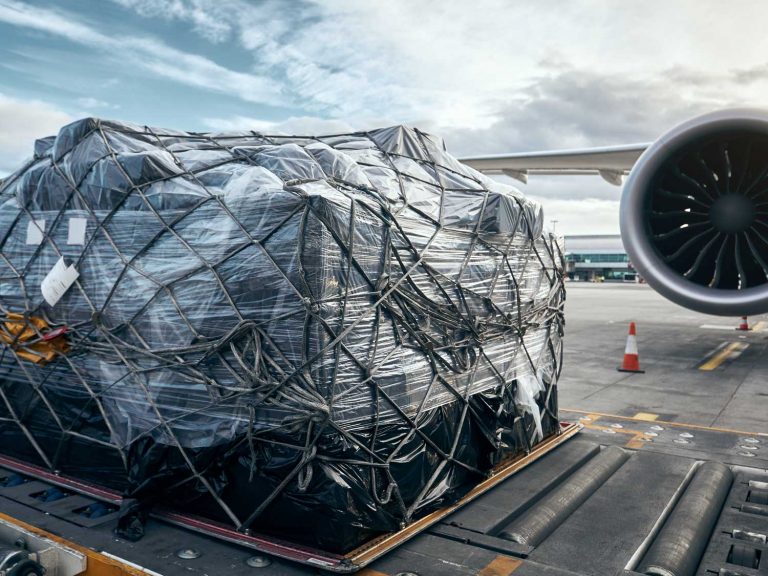
Date:
Air Freight Market Update; 20th May 2021
Asia’s economic bounce back continues to show strong growth, driven by new manufacturing orders and the ensuing increase in export sales, which is putting more pressure on supply chains, leading to increased lead times, shortages of aircraft space and rising prices.
Purchasing managers data is showing the largest price increases in a decade, in the manufacturing sector and a steady decline in inventories over the last 26 months.
The COVID-19 outbreak initiated the effective grounding of the world’s passenger aircraft fleet, triggering severe supply and demand volatility in the global air cargo industry and while the introduction of PAX ‘preighters’ has been welcome, capacity remains severely affected and down significantly.
In addition the total reliance on cargo income as the sole revenue stream on each flight has resulted in increasing and volatile pricing, with the average freight rate now estimated to be at least three times higher than it was pre-pandemic in the ‘normal’ market.
Global freighter capacity is “maxed out” for 2021 and 2022 and with continued COVID-19 outbreaks and travel restrictions likely to remain in place, it is unclear how much passenger orientated belly capacity can be added through 2021 as countries struggle to curb the impact of the pandemic.
Even though a significant amount of conversion work is underway to transform aircraft from passenger to all-cargo ‘preighter’ configurations, this will not produce a substantial amount of additional (maindeck) capacity this year, or even next potentially. This will also create an aviation sector that will need to cover costs and profits through air freight contribution as the only income, so rates cannot be expected to soften or the aircraft simply will not be able to fly.
The freighters that are flying, are operating to maximum block hours and every available freighter aircraft has been put into service, which has enabled maindeck capacity to increase by 30% when compared to pre-COVID levels.
But belly capacity, which prior to the health crisis represented 55% of all air cargo capacity, is still down by slightly over 50%, with an overall capacity shortfall of around 25%.
Asia export stays at super-peak levels, driven by global consumer demand, with rates in some origins approaching the peak levels seen during the height of the PPE frenzy.
With demand outstripping capacity, flights are full across the board, on pretty much all trade lanes and current market conditions are likely to continue through June, based on large amounts of cargo in the pipeline.
European export demand stays strong to the Americas and Asia and space to USWC remains constrained.
No meaningful capacity into North America has been added and while there has been volume added, space to and from Asia remains very well utilised at 78%, especially to China and Japan, although many of these flights are operated for the more lucrative westbound pricing to Europe to ensure that returns against cost are achieved.
Space to India and Bangladesh is very constrained, due to aid and relief shipments into the COVID-struck region.
Major airport hubs, as well as secondary gateways in Europe are reporting normal throughput for air imports and air exports, despite the significant reduction in passenger flights arriving and departing from the region.
Metro work closely with the world’s leading passenger airlines, all cargo airlines, ‘preighter’ carriers and key hub partners to offer the widest range of time-sensitive solutions, routes and transit times, at the most competitive rates available in the current market.
We continue to monitor and manage the situation daily and we are currently planning charter operations in Q3 and Q4, to add our own capacity during what is anticipated to be a very buoyant air freight market, looking at the key routes and lanes of demand. We will advise and update the programme as we develop the strategy over coming months, to deal with ‘peak season’ demand.
If you have urgent or time sensitive consignments and would like to explore options, transits and costs, please contact Elliot Carlile or Grant Liddell for all options available to ensure that deadlines are always met.
